|
Take a moment before reading further, to time yourself and see how quickly you answer this question. What are three things you have taught your children that you never wanted them to learn? All three of my own came to me in less than five minutes... (1) That being busy online is a good way to cope with stress for which you have no other solution. (2) That watching TV is an easier way & more satisfying way to laugh & feel happy than spending time with family. (3) That you can't count on God to hold you and keep you when it all goes south. What I hate about my own list is that I don't believe any of them now. But I must have at one time or another, because I have seen my son live them. Future blog posts will be about trying to undo parenting mistakes, but today, I want to focus specifically, on the beliefs we unwittingly teach our children about God and faith. Were any of your top three about faith? Mom faith is the container that holds everything we teach our children about God and about faith. Unfortunately, it fills much more easily than it empties, and our children may spend a lifetime trying to unlearn the things we didn't mean to teach them. - Jeanine Byers The Good News about Mom Faith The good news is that it is never too late to begin teaching our children what we really want to teach. They never stop taking it in, even when they give us the message that they are no longer listening or paying attention. But what we do will continue to be far more powerful than anything we say, and the truth will be more apparent to them than it is to us. So we need to create, build and sustain the mom faith we want them to see and then, learn themselves. Instead of seeing our worry, they need to see trust. Instead of seeing our despair, they need to see hope. Instead of seeing us flounder, they need to see us know where to turn. 5 Ways to Create, Build & Sustain Mom Faith It didn't happen until I was already grown, with a son of my own, but I remember a time in my life when I counted on my mom's faith. Not to mention her connection with God. If something happened that worried or upset me, I'd tell her about it, and she'd assure me that as soon as we were off the phone, she'd pray about it. And darned if those problems didn't transform as a result! Even during times when I had temporarily lost my own faith, I knew that there was something going on, because of hers. I knew that she was connected to God, whether I was disgruntled enough to decide I didn't believe, at that time, or not. For most of my son's childhood, I wasn't able to model that kind of faith for my son. I've struggled with chronic PTSD and anxiety for most of my life, and I'm not sure I ever had that basic sense of trust that is supposed to be our first developmental milestone. Do you struggle with worry, or anxiety, or other issues that challenge your faith? Here are several things you can do to nurture your faith in spite of them... (1) Don't aim for perfection, but do aim for God: make a commitment to take every concern you have to God, no matter how small. Do you need a longer quiet time? Does what you do during your quiet time need tweaking? Plan to spend time in all the ways that help you feel safe, and that make it easier to reach for trust, instead of fear. (2) Ask for help with your unbelief: ask God to help you feel safe, to give you peace, to help you separate the truth from your own anxiety. Ask Him how to doubt your feelings. And ask Him to show you anything in your life that is getting in between the two of you. (3) Make a commitment: to give up anything that doesn't support your faith & take it right out of your life. I know you do that with your children, but what's going on with you is even more important. I'll give you an example. I know you can tell from what I wrote in the beginning of this post that I watch TV. And while grappling with my own lack of faith, I decided to give up a few of my favorite shows. I hadn't realized it, but they had an underlying message that I was taking it without realizing it - that life never works out. That no matter how hard you try, it's not going to work. I realized that I couldn't afford to let anything feed me that message, no matter how much I thought I enjoyed watching it. In one moment, I was enjoying the sense of well-being that laughter creates, and in the next, I was taking in the message that there's no point in having faith because nothing will work out for me, or anyone I care about. Are any of your favorite TV shows sending a similar message? How about the books you read? (4) Help your children separate faith from feelings. Don't let that remain unspoken because that's one they won't get by osmosis. I began to point out to my son, when he was older, that I might have gotten stressed out about something that happened, but that didn't meat that there was any reason to worry. I'd been in the habit of being glad I felt better, without even thinking about the fact that my son had probably observed my reactions to whatever the stressful event was. Also, give them plenty of chances to talk through their own feelings. But instead of just giving them suggestions, model what you do. If you say, "read this passage whenever you feel worried and pray about it," they will believe that you are speaking to them from a place of not having the same problem. Instead say, "when I feel worried, I look for a passage I think will make me feel more peaceful, and then, when I pray about it, ..." Then you might say what works. That you have found that whenever you do x, it helps. (5) Here's what to do if nothing is working for you, yet: throw everything at it but the kitchen sink. Peace can be found in the most unlikely places. For instance, I have read novels that encouraged me. But for you, it might be singing hymns (I find that so helpful), or doing yoga while you pray, or talking things over with a friend that helps you work through worries or doubts. Decades ago, when I was in therapy, I wondered if there was a ceiling on healing. Were there limits to what was possible? Some ways in which I might not be able to heal from my difficult childhood or past? Struggles I had at the time that had no solution? I was convinced that for quite a while that there wasn't much I could do. And now, I wish I could go back and tell that self to do all I could to cling to hope because it would help me to heal better and faster. What would help you cling to hope? Finding ways to hold on to your mom faith, and model trust for your children will bless you and your family for generations. I'm cheering all of us on! Love, Jeanine
2 Comments
Jill not only rushed through her quiet time, she diced it and sliced it, as well, folding it into her getting-ready routine that morning, so she wouldn't be late to work. She'd hid the snooze button one too many times and was afraid she'd get in trouble if she kept sneaking in past the time she was supposed to be there. So she said a quick prayer during her shower, read a one-minute devotion while she munched on toast & then, dashed off to work, realizing that she could neither remember what she'd prayed about, nor what she'd read in the book. Was there a Bible verse? She wasn't sure. I would lose track long before counting the number of times I have experienced the rush to work that Jill did. Just to give you an example, when I worked outside the home, I often ate my toast in the car. While trying to apply makeup. But if our primary faith responsibility is to nurture a deep, loving, strong and tender connection with God - and I believe it is - how can we do that if we rush past him the way Jill did? Is There Enough Room for God? When I first became a Christian, I remember being told to spend a lot of time reading the Bible. In fact, I was advised to read the Bible from cover to cover, and to call my friend if I had any questions. No one told me what to do with God. Or how to build a relationship with him. I remember a pastor telling me once that he knew how to preach a really good sermon, and would get an A+ if he were ever graded, but he wouldn't ever want to be tested on the quality of his relationship with God. But surely, that is the only thing that matters? I think we've got it backwards if we spend time memorizing things about God, but don't spend quality time with him. So how do we remedy that, so that we can nurture a deeper connection with him? Keep reading... It isn't as if, in journeying forward, we move into a deeper presence of God, for the presence of God is already infinitely deep. Rather, by moving forward we become ever more deeply aware of the presence of God in our lives. - James Finley, author of Christian Meditation: Experiencing the Presence of God The Slow Faith Quiet Time As women of faith, our goal is to walk with Jesus, learning from him, growing ever closer to him, and being guided by him to create the lives he made us to create. And our quiet times will serve us best if they deepen our connection to him, so that we grow in our ability to hear his voice and be guided by him, so that we deepen our awareness of his presence, and that connection in all of the moments of our lives, and so that we shift into becoming who he made us to be. But if our quiet times are more with him than about him, and are often rushed or incomplete, none of that can happen. We need more of God's presence and more of our relationship with him, and I believe that a contemplative, slow faith quiet time can mold and shape our quiet time experience in just those ways. Slow faith is faith that is nurtured over time, and focused more on Mary's tendency to sit near Jesus and soak up his wisdom, than on Martha's tendency to run around the house getting things done for him. Since Jesus was talking, Mary was listening. And spending time in his presence. Building a deep and close friendship with him. At the center of a slow faith quiet time is time in God's company. It's a contemplative experience, getting to know God, and dwelling in his presence. Listening for his guidance and wisdom, and soaking up his presence and love for us. This way, the trust we build in him grows gradually from the experience of walking closely with him. It's an emotional connection and a relationship that deepens and grows over time. You trust those who love you not to hurt you, to be on your team, to care about what's important to you, and to help when you need it. And you come to know you can count on them over time, because of your experiences with them. The same is true in our relationship with God, but since plants don't grow if they aren't nurtured, we have to nurture our faith connection with God. The slow faith, contemplative quiet time will do that. Here's how to start one, for yourself... How to Create a Slow Faith Quiet Time (1) Give yourself an hour (at least, this first time) to hang out with God. Find a quiet place where you know you won't be disturbed. (2) Do some slow, deep breathing so that you can relax and let go of any stress or tension you may have experienced. (3) If there are things you already do that will help you relax more deeply, like meditation or yoga poses, do those, too. (4) If you aren't already becoming aware of God's presence as you sit quietly, pray for that awareness. Pray to feel his love, too. And then just spend some time marinating in his presence and his love. (5) After that time of just hanging out with God, share your thoughts, ask for guidance, and if there's a specific situation you are concerned about, talk it over. Pour out your heart about it, ask to see it from his perspective, and listen for his thoughts. (6) One contemplative exercise you can try is to imagine that you and God are watching a scene that tells the story of that problem. You both gaze at it with love, and you see if your perspective shifts, if the bringing of love and of the moment of connection with God as you think about changes the way you see it or feel about it. If not, you just send it love, and imagine that God's love envelops and transforms it. (7) Grab your journal and write down your own thoughts, and any insight or guidance you received from God. If he brought a Bible verse or a hymn or praise song to mind, write them down, too, and any thought you have about what they mean to you. This can be a natural time for reading your Bible, too, or journaling within your Bible. When you feel complete with this quiet time, bring it to a close, but ask to be aware of God's presence or your connection with him throughout the day or night. Variations on the Theme: |
Hi, I'm
|


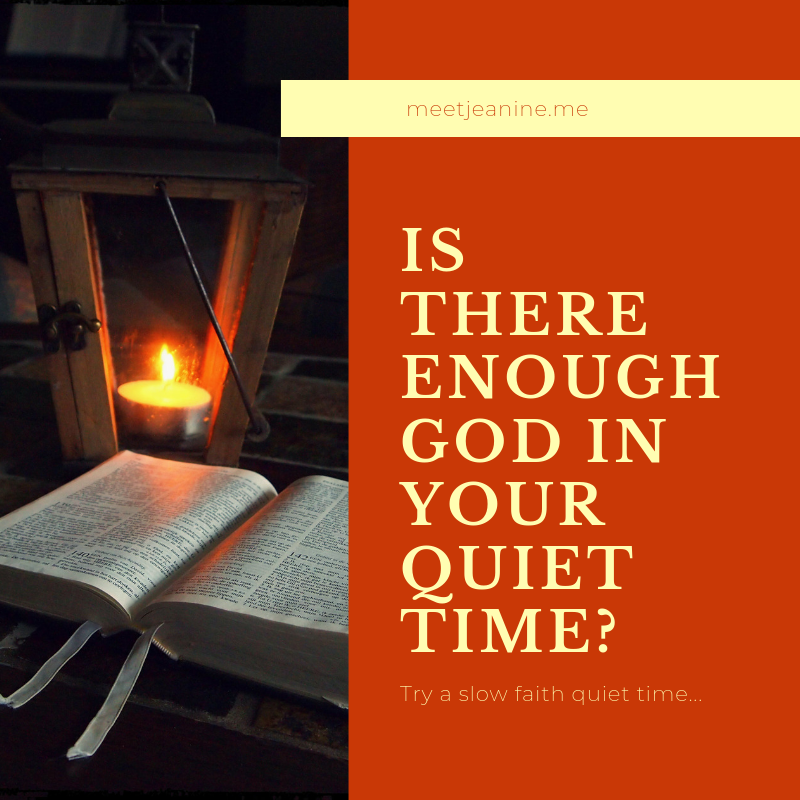
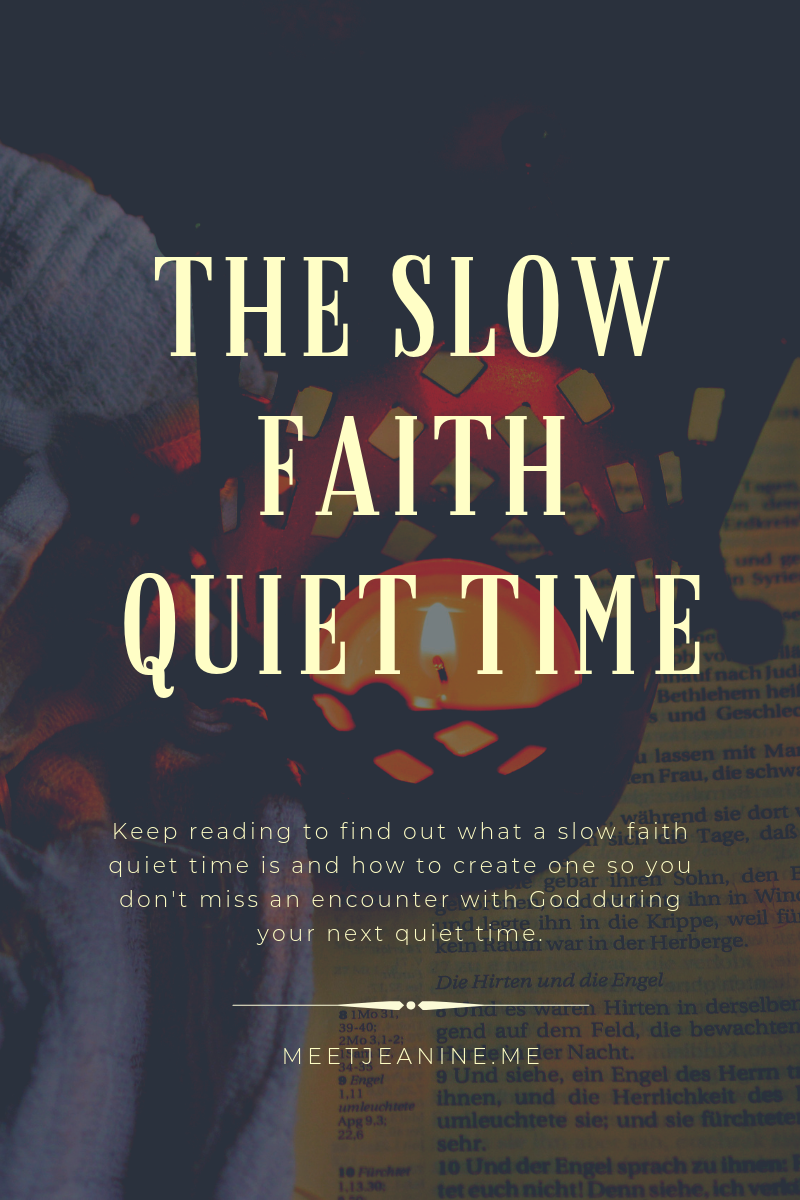






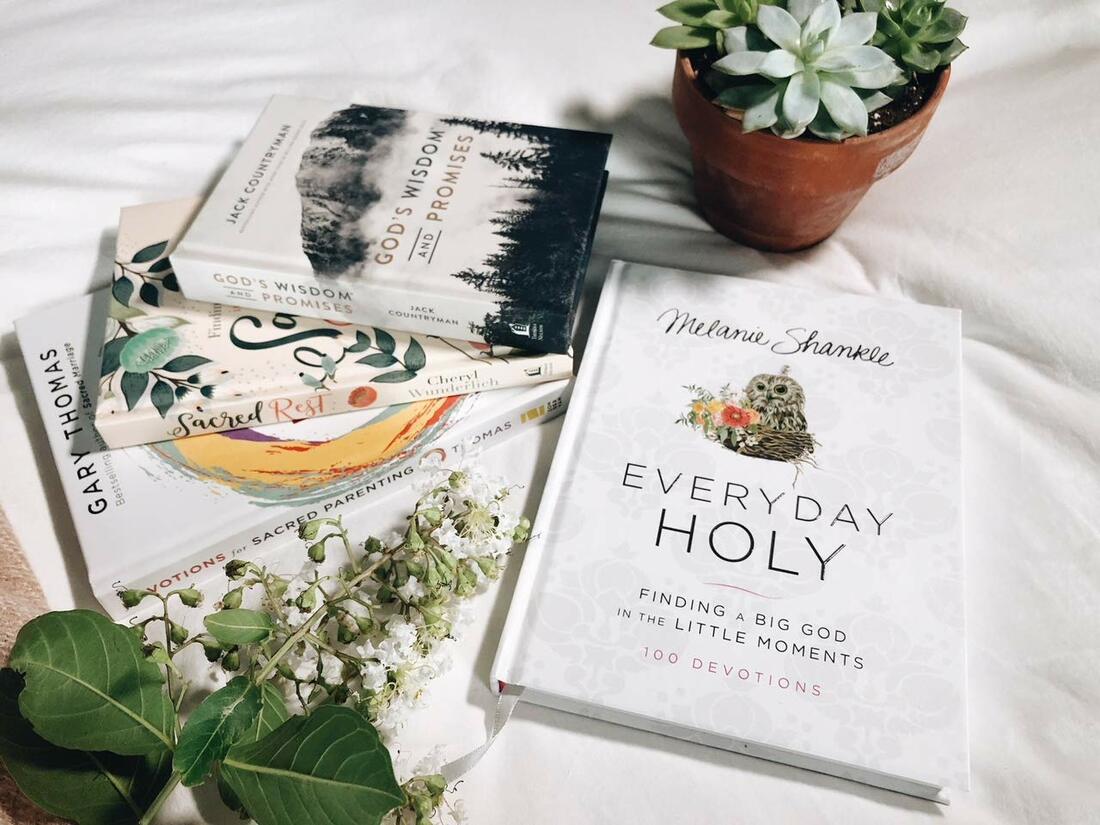
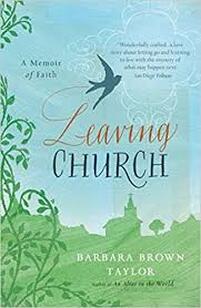



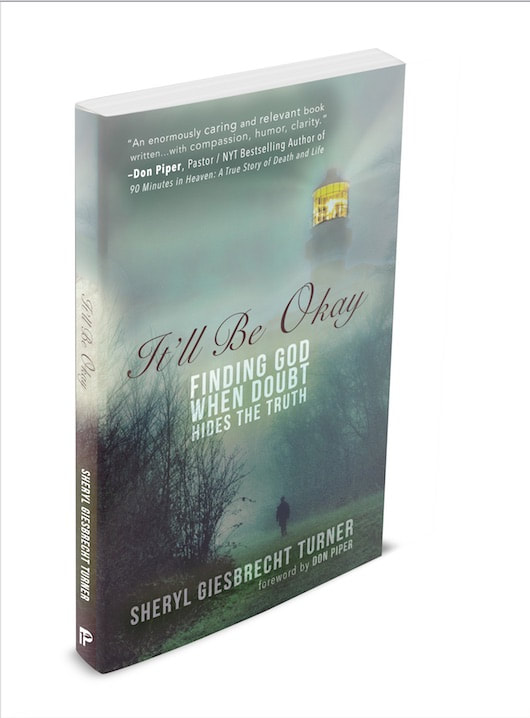


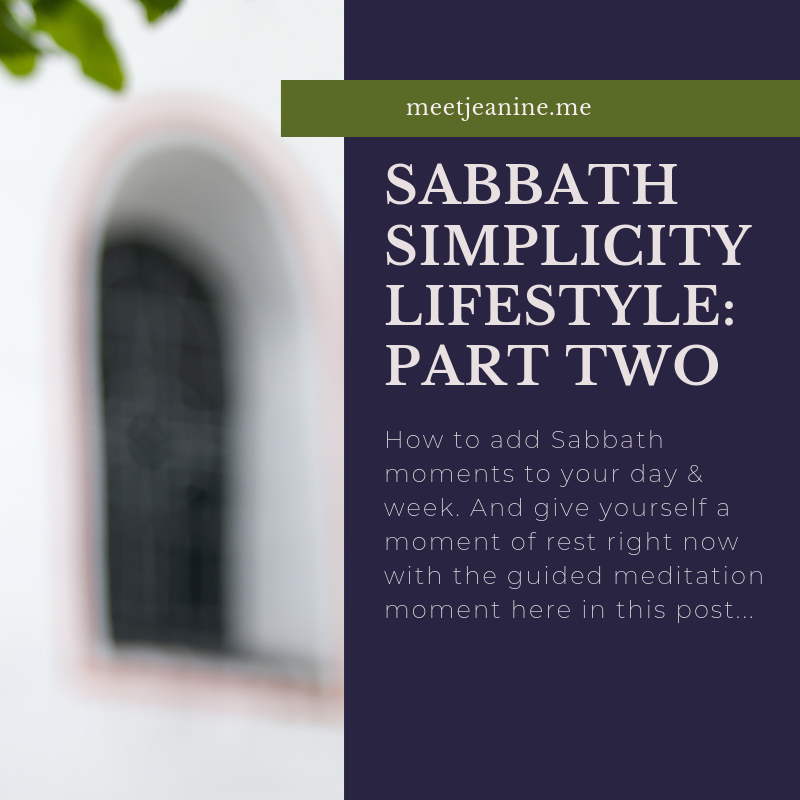
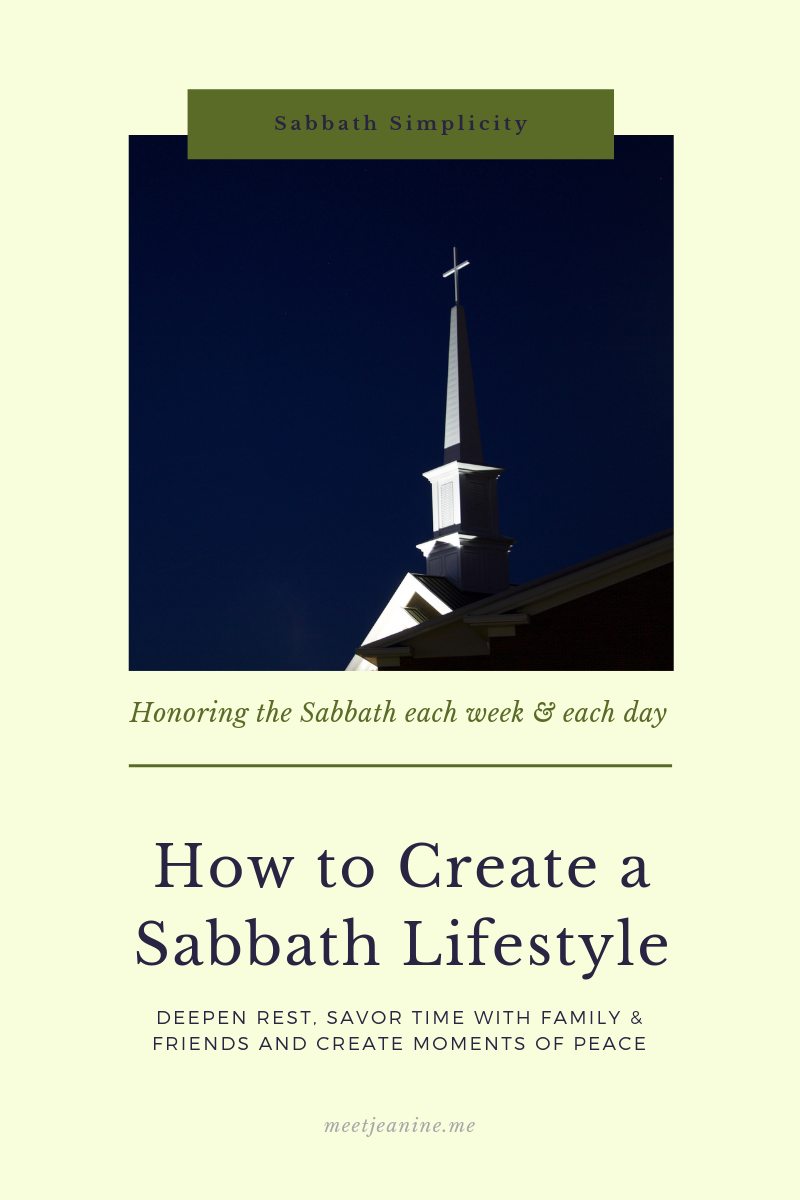
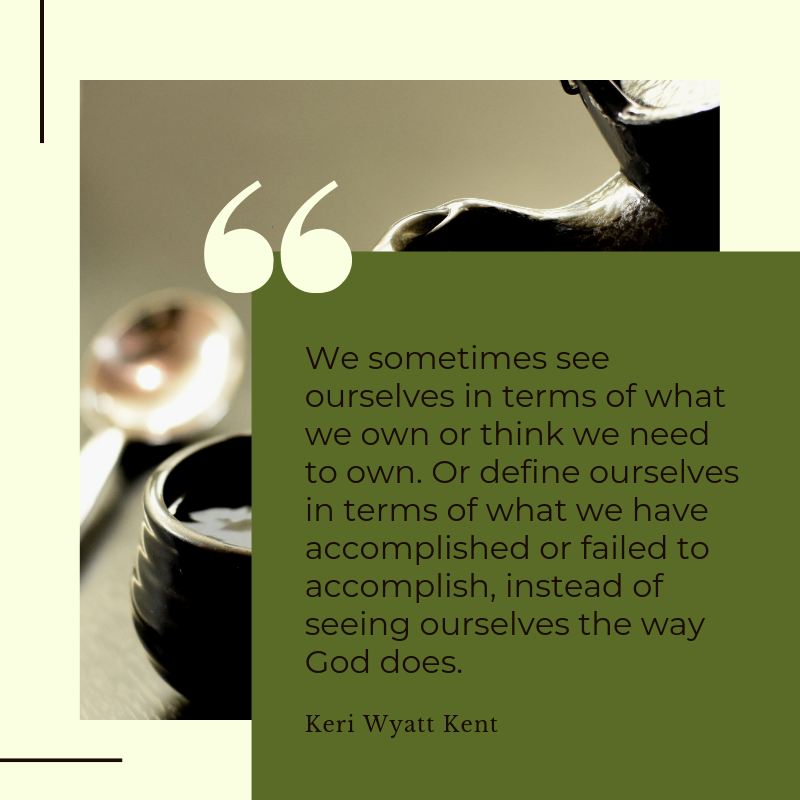
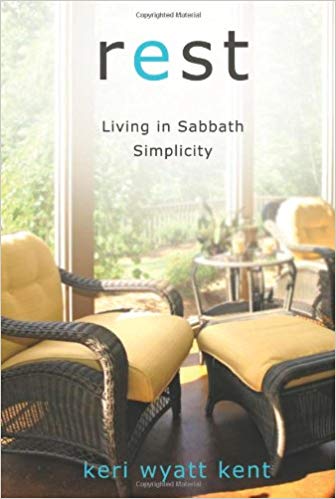



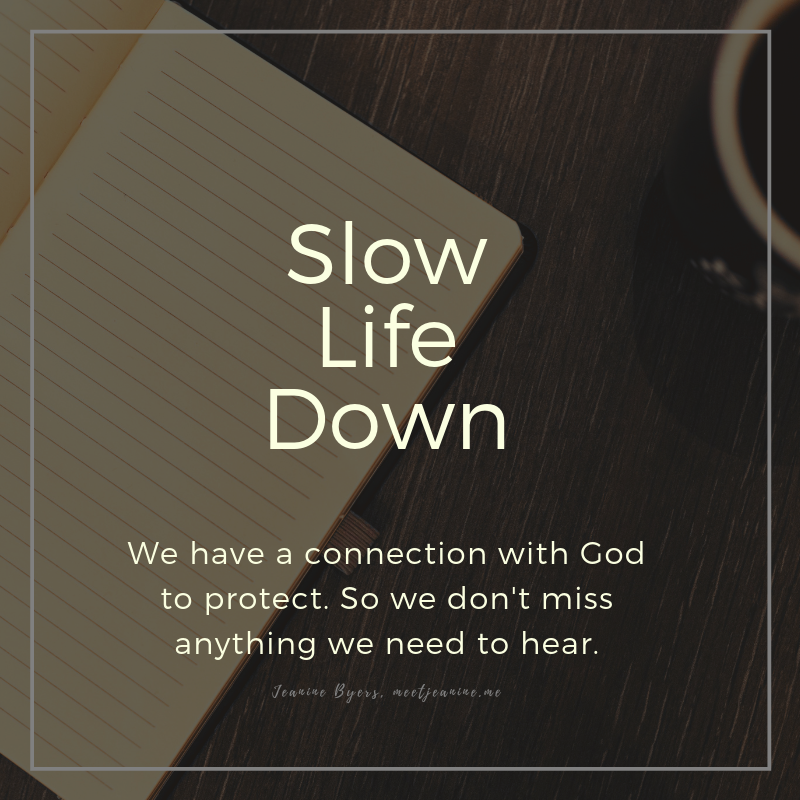







 RSS Feed
RSS Feed